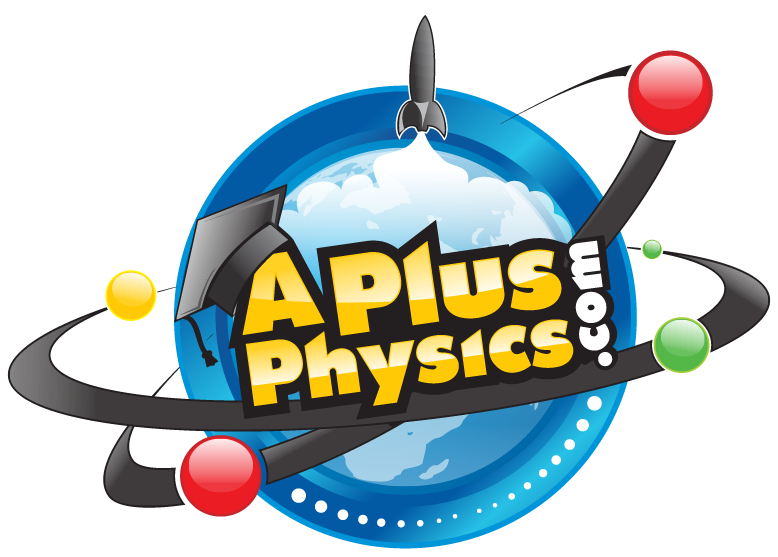Escape velocity, at the surface of the earth, is just about a whopping 11.2 km/s. This means that, to completely escape the force of earth's gravity, from the surface of the earth with the only outside for being gravity, you would need to be going this speed to escape (ignoring, of course, drag - drag forces at those speeds would rip a spaceship apart). So on my way to physics last friday I thought about how to reach those speeds, without the use of costly rocket fuel. One (although initially very costly solution) could be to have a giant underground tunnel, throughout the entire surface of the earth, that would accelerate an object over time using electromagnetism until it reaches those speeds. As long as the tube is in a vacuum, it is more than possible to do this.
In order to keep an object in a circular orbit, we know that the centripetal acceleration must equal mv^2/r, and this net acceleration can only come from two other sources - gravity, at a constant 9.81 m/s^2, and the force generated by our electromagnetic coils. Assuming v is terminal velocity, E is the electromagnetic force, and r is approximately the radius of the earth, we get (11.2 * 10^3 m/s)^2/(6.371 * 10^6) = 9.81 + E. Solving for this, we can determine that E = 9.88 m/s^2, only a bit more than the acceleration due to gravity. If you could somehow construct this tunnel, it would be possible to bring objects up to speeds as high as this. Most of the time, for typical space missions, it wouldn't have to be quite so large anyways.
The real issue is getting in out of the tunnel, and through the atmosphere. Going straight into the air at such speeds would destroy a fair chunk of the surrounding area, and most certainly the payload. You would have to create a giant vacuum tunnel through the atmosphere if you wanted this to work, which not only would look strange (it would be technically 'flat' - tangential to the point of release for the most part), but be very difficult to build. But in any case, it's wishful thinking.



2 Comments
Recommended Comments